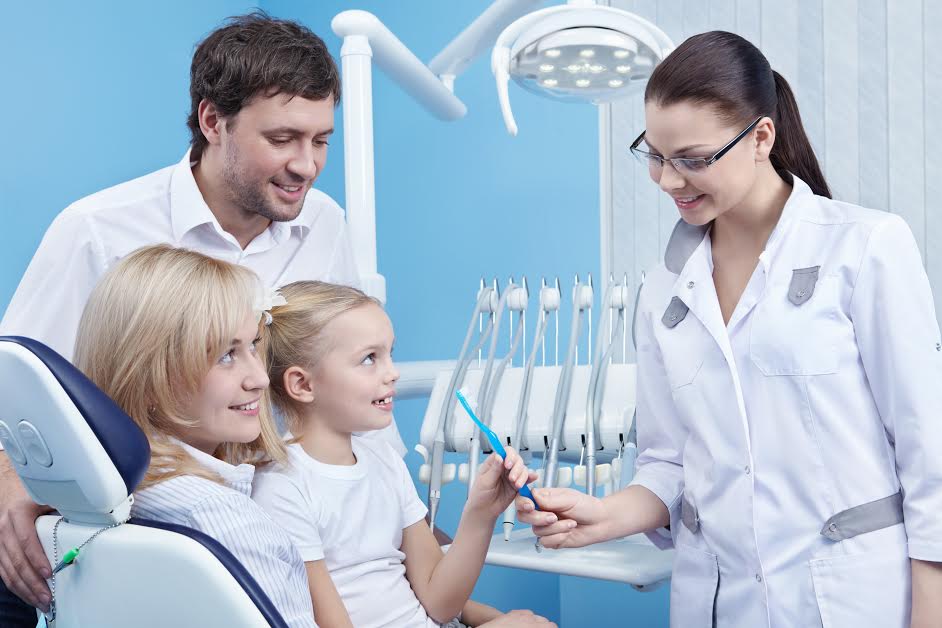Maintaining good health begins with taking care of our teeth. Regular dental check-ups play a key role in safeguarding the health of every family member. These routine visits help in spotting early signs of dental issues like cavities and gum disease. A La Jolla dentist could be your family’s ally in this mission. They offer expert care and guidance tailored to each person’s needs. By visiting the dentist regularly, you not only ensure clean and healthy teeth but also protect against more serious health problems. Studies show that oral health impacts overall well-being, linking it to conditions such as heart disease and diabetes. Regular visits can prevent small issues from turning into major problems. In essence, when we prioritize regular dental check-ups, we take a proactive step toward a healthier future for the entire family. It’s a simple yet powerful way to invest in long-term health and happiness.
Why Regular Dental Check-ups Matter
Routine dental visits are not just about keeping teeth clean. They serve as an important measure to identify potential health risks early. During these visits, dentists check for signs of tooth decay, gum disease, and oral cancer. Early detection means easier and less expensive treatment.
According to the Centers for Disease Control and Prevention (CDC), untreated cavities are common in both children and adults. Regular check-ups help avoid these issues by allowing dentists to provide preventive care, like fluoride treatments and sealants, that strengthen teeth and prevent decay.
Benefits for Children
Children especially benefit from regular dental visits. Establishing healthy habits early promotes a lifetime of good oral health. Pediatric dentists focus on educating parents and children about brushing techniques and the importance of diet in dental health. They also monitor the development of the child’s teeth and jaw, ensuring timely interventions when necessary.
In addition, regular visits help children feel comfortable with dental care. This reduces fear and anxiety associated with dental visits, making them more likely to continue these healthy habits into adulthood.

Impact on Overall Health
Oral health is a window to overall health. Conditions such as heart disease, diabetes, and respiratory issues have links to oral health. For example, bacteria from gum disease can enter the bloodstream and affect the heart. Regular dental check-ups can act as a preventive measure against these serious health conditions.
The National Institute of Dental and Craniofacial Research (NIDCR) emphasizes the importance of oral health in maintaining the health of the rest of the body. By managing oral health, we can reduce the risk of these systemic diseases.
Comparison of Dental Issues and Prevention Methods
| Dental Issue | Potential Consequences | Prevention Methods |
|---|---|---|
| Cavities | Pain, infection | Regular brushing, flossing, fluoride treatments |
| Gum Disease | Tooth loss, heart disease | Professional cleanings, proper oral hygiene |
| Oral Cancer | Serious health risks, mortality | Early screening, avoiding tobacco and alcohol |
Encouraging Regular Visits
Encouraging family members to attend regular dental visits can be challenging. It helps to schedule appointments together as a family, turning a routine task into a group activity. Discussing the benefits of dental visits and addressing concerns can also alleviate anxiety surrounding dental care.
Conclusion
Regular dental check-ups are an essential part of maintaining not only oral health but overall health. These visits provide opportunities for early detection and prevention of dental problems. They also offer a chance to establish a positive relationship with dental professionals, fostering a lifetime of healthy habits. By prioritizing these appointments, families can enjoy the benefits of healthy teeth and a reduced risk of serious health issues.
Ultimately, investing time and effort into regular dental check-ups lays the foundation for a healthier and happier life for the entire family. Prioritizing dental health is a step towards comprehensive well-being, reflecting the importance of taking a proactive approach in healthcare.











